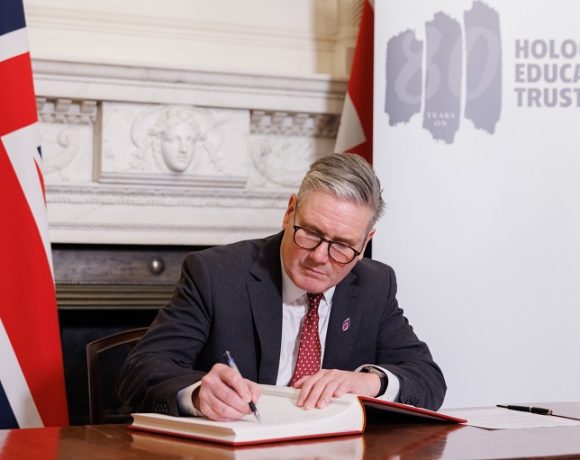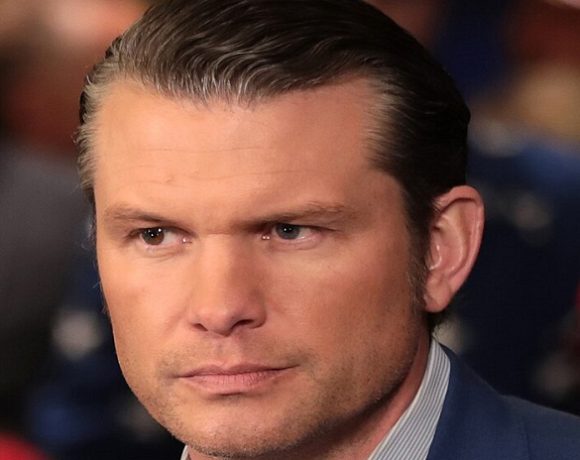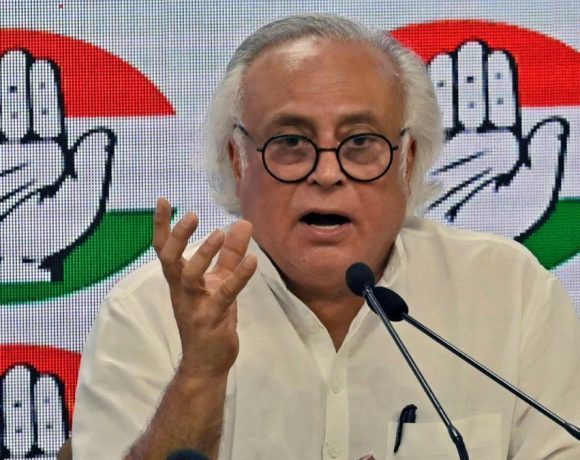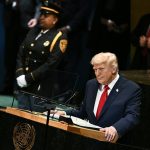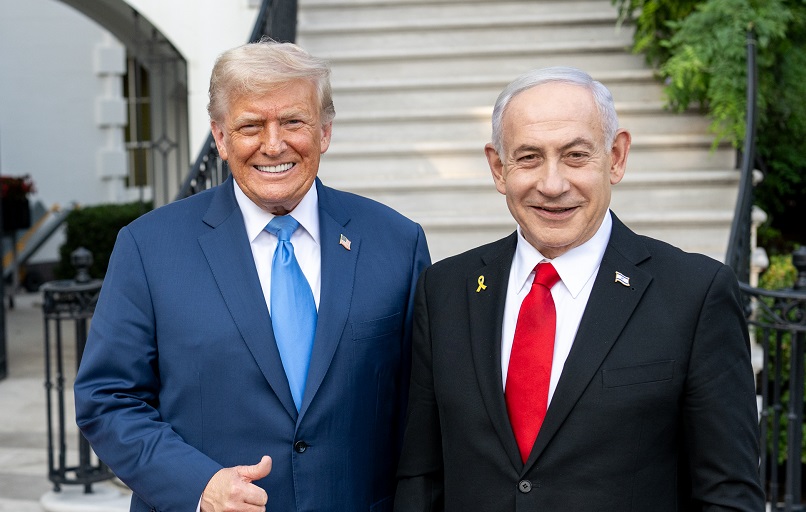
Trump Hosts Netanyahu to Push Gaza Ceasefire Deal
U.S. President Donald Trump hosted Israeli Prime Minister Benjamin Netanyahu at the White House on July 7 for high-level talks aimed at finalizing a ceasefire in Gaza. The discussions centered around a proposed 60-day truce, which Israel has already agreed to. Trump used the occasion to call on Hamas to accept what he described as a “final proposal” for peace, urging mediation partners Qatar and Egypt to press the group to join the agreement.
Ceasefire Push
During a private dinner following their official meeting, Trump signaled optimism, stating, “They want to meet and they want to have that ceasefire,” reflecting progress in the backchannel negotiations. Israeli political leaders, including Foreign Minister Gideon Sa’ar and a majority in the Knesset, have expressed support for the plan, increasing domestic momentum to pursue the truce.
The proposed ceasefire package includes a temporary Israeli military withdrawal from key areas, an immediate halt to air and ground operations, and the delivery of expanded humanitarian aid to Palestinian civilians in Gaza. It also features mechanisms for potential hostage releases and phased security assurances. Hamas has reportedly shown cautious interest but is holding out for firmer commitments on Israeli withdrawal and protections for displaced civilians.
Gaza Proposal
The proposal represents the most significant diplomatic movement in the conflict since April, when hostilities escalated following a terror attack in southern Israel. The U.S. administration has pushed for a sustainable ceasefire that also addresses long-term humanitarian and reconstruction goals, while ensuring Israeli security imperatives are not compromised.
Trump’s meeting with Netanyahu comes on the heels of their joint coordination in military strikes against Iranian nuclear assets—an operation both leaders described as a critical deterrent move. That shared success has reinforced the current alignment between Washington and Jerusalem on regional security strategy, including the Gaza truce.
U.S.–Israel Coordination
Among the more controversial aspects of the broader ceasefire framework is the suggestion of exploring potential third-country resettlement options for displaced Palestinian populations, an idea reportedly discussed informally between U.S. and Israeli officials. While no official policy has been announced, the possibility remains part of the ongoing negotiations surrounding post-ceasefire stabilization.
As Hamas continues to weigh the deal, the international community is closely monitoring the situation. The U.S. hopes that a favorable response will not only bring temporary relief but also set the stage for longer-term diplomatic engagement in the region. With Israel already on board and mediators in motion, the next steps rest with Hamas—and whether its leadership is willing to accept a truce under global scrutiny.


